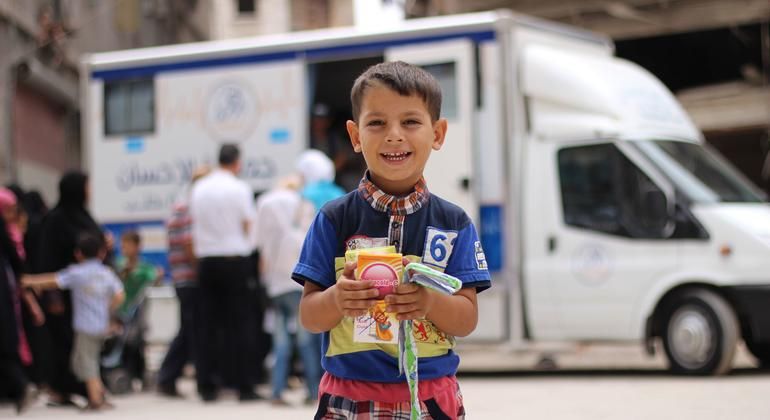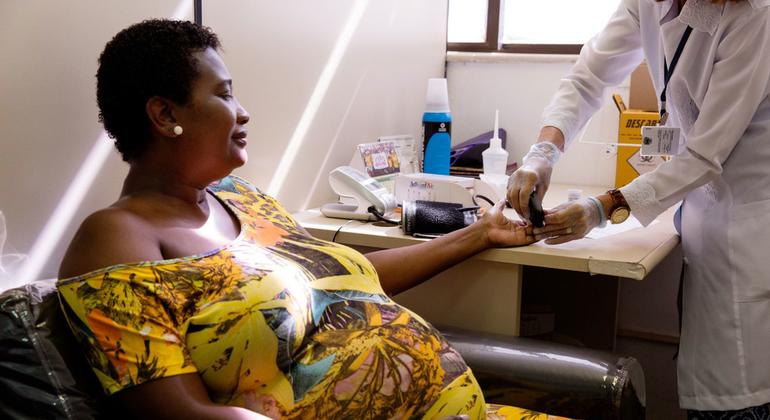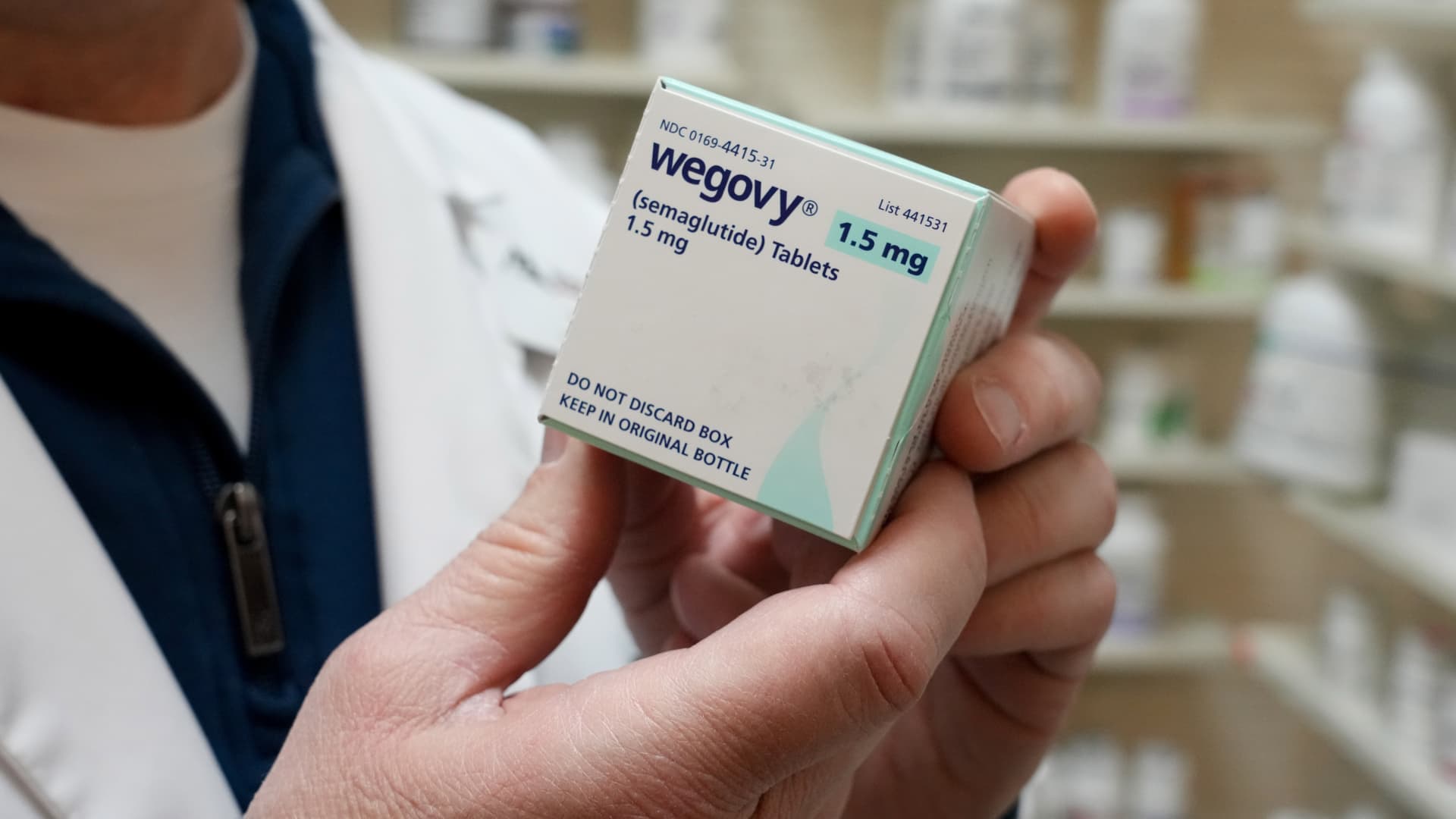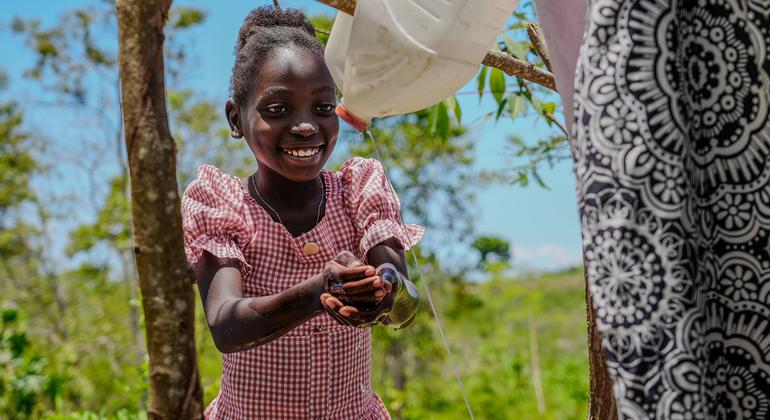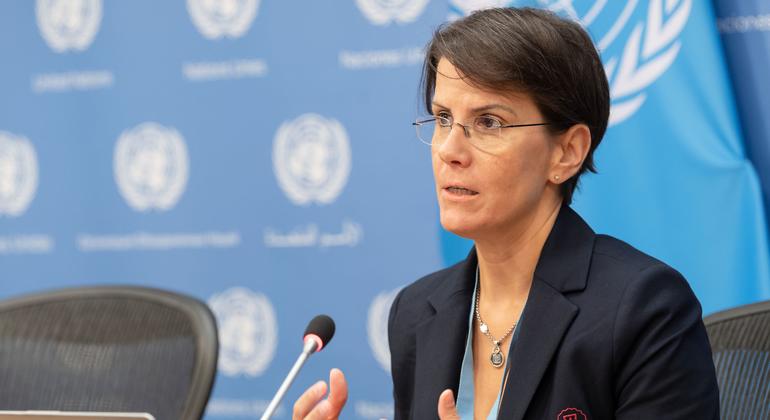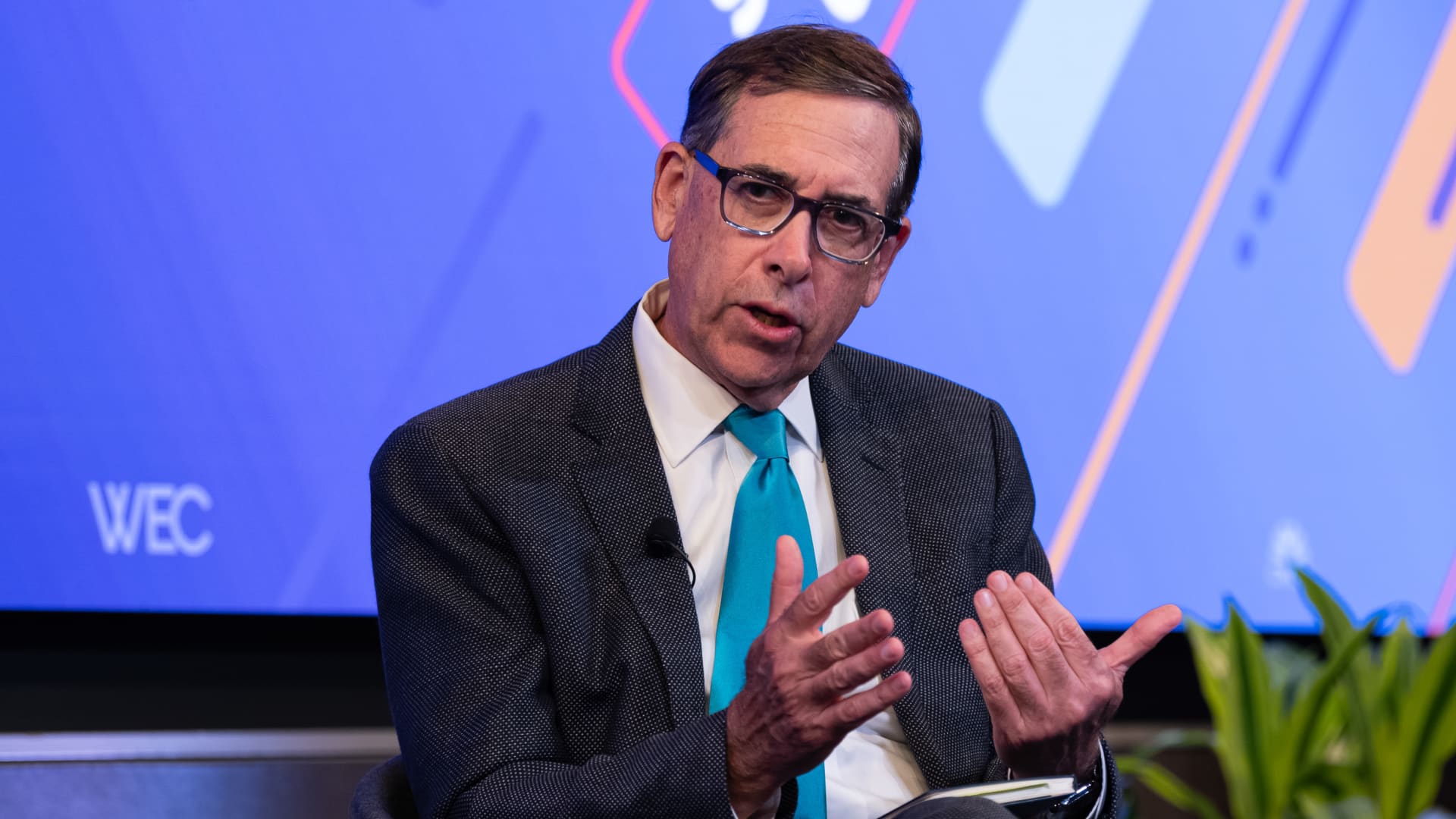Lives are at risk and “the cost of inaction is simply too high,” Dr. Hanan Balkhy, WHO Regional Director for the Eastern Mediterranean, said in a statement Saturday after concluding a five-day visit to Syria.
He expressed great concern about the complexities and challenges faced by the population and humanitarian operations on the ground.
“The number of people in need is staggering and pockets of critical vulnerability persist in many parts of the country. To compound this already catastrophic situation, rising political tensions in the region risk further escalation in Syria,” he said.
Address multiple challenges
The health sector in Syria is affected by a lack of resources, but also by a socioeconomic situation that is rapidly worsening due to continued insecurity, climate change, environmental risks, displacement, poverty and food insecurity.
In her conversations with officials, Dr. Balkhy emphasized the importance of intensifying multi-sector coordination to address these challenges.
He said chronic diseases account for nearly 75 percent of all deaths nationwide. Also extremely alarming are the increasing rates of malnutrition among children under five and mothers, due to poverty.
Child malnutrition tripled
Rates of global acute malnutrition among children under five have tripled in the last four years, he said. At the same time, the number of stunted children has increased in five of the 14 governorates, with some areas experiencing catastrophic levels.
Syria also remains one of the world's largest displacement crises. More than 7.2 million people are internally displaced.
He pointed to the situation in Aleppo in the north, where life is extremely difficult due to the prolonged conflict and the deadly earthquake that hit the region and neighboring Türkiye in February 2023.
“The lack of electricity has led to innovative but unsafe approaches to heating and cooking, increasing the risk of house fires and burns, especially for children,” he said.
The health system is “extremely fragile”
He noted that overcrowded living conditions and limited access to clean water and adequate sanitation, outbreaks of cholera, severe acute respiratory infections, measles, lice and scabies have been regularly reported across Syria over the past two years.
“In this gloomy context, Syria's health system remains extremely fragile,” he said. Today, just over 60 percent of hospitals and primary health care centers are fully operational and there is a serious shortage of essential medicines and medical equipment.
“The most worrying thing is the fact that almost half of the health personnel, who constitute the backbone of any health system, have left the country,” he added.
Access to Al-Hol camp
Furthermore, despite the work done by WHO and its partners to restore and rehabilitate health services, access to health care remains limited.
She was extremely concerned about the situation in the notorious Al-Hol refugee camp in the northwest, where families of former ISIL fighters have been detained for years.
WHO is one of the main health providers in Al-Hol, where both the needs and the risks to public health are immense. Since May 9, the camp administration has revoked WHO access after funding shortages forced the UN agency to suspend medical referrals.
“Our unrestricted access to people in the camp must be restored in accordance with humanitarian principles to ensure we meet our public health mandate,” he said.
Funding gap, reinforced commitment
Dr. Balkhy reported that during her stay in Syria, “the decline in humanitarian funding for Syria was a central and worrying concern.” Conversations with donors in the capital, Damascus, revealed that while they are aware of the magnitude of the gaps and needs, they are constrained by competing regional and global priorities.
He underlined WHO's commitment to supporting the Syrian people, who remain resilient despite more than a decade of war and worsening crises.
He vowed to advocate for greater international support and strengthen WHO's technical expertise to address these complex challenges, because “too many lives are at stake and the cost of inaction is simply too high.”

